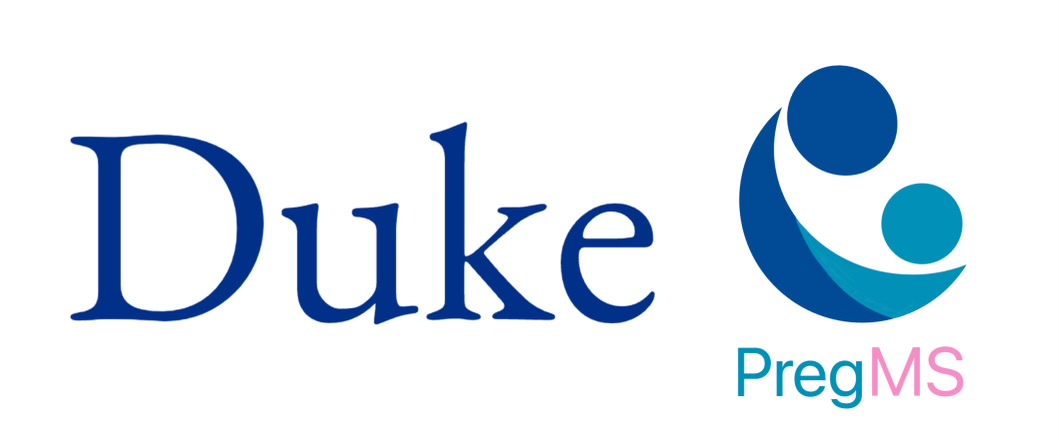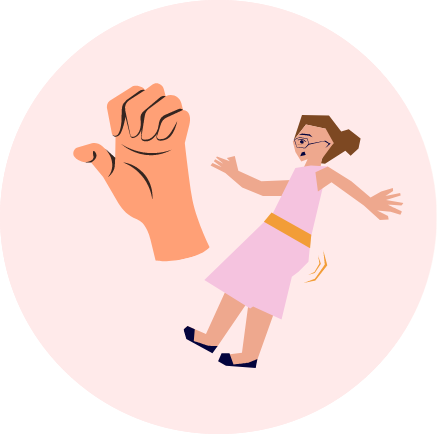Below are common symptoms of MS that may be exacerbated in pregnancy, as well as non-pharmacologic treatments to consider first. Please discuss pharmacologic treatments and their safety in pregnancy with your neurologist.

When to contact your neurologist: If you are having new neurological symptoms consistently for 24 hours, contact your neurologist.

When to go to the ED: If you feel that you are functionally limited due to your symptoms, consider seeking acute care.
| Symptoms | Non-Pharmacologic Treatments |
|---|---|
| Spasticity | · Stretching · Physical therapy |
| Urinary urgency/and urinary incontinence | · Pelvic floor physical therapy |
| Bowel dysfunction | · Physical activity and exercise · Increase fluid and fiber intake for constipation |
| Sleep difficulty | · Improving sleep hygiene (no screens before bed, go to bed and wake up at the same time every day, minimize caffeine in the afternoon, minimize eating before bed, no work from bed) · Meditation |
| Fatigue | · Physical activity and exercise · Rest and activity modification · Active cooling (cooling vests, cooling pads, air conditioner) · Cognitive-behavioral therapy (CBT) |
It may be difficult to distinguish normal symptoms in pregnancy from neurologic symptoms related to MS.
Common pregnancy symptoms that can be normal include: round ligament pain, fatigue, nausea/vomiting, lower back pain.
Please discuss with your obstetrician and/or neurologist if you are unsure about your symptoms.

